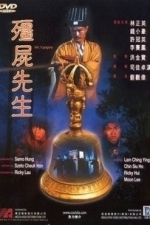Addiction and Choice: Rethinking the Relationship
Nick Heather and Gabriel Segal
Book
The central problem in the study of addiction is to explain why people repeatedly behave in ways...
Thunder Shaman: Making History with Mapuche Spirits in Chile and Patagonia
Book
As a "wild," drumming thunder shaman, a warrior mounted on her spirit horse, Francisca Kolipi's...
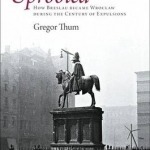
Uprooted: How Breslau Became Wroclaw During the Century of Expulsions
Book
With the stroke of a pen at the Potsdam Conference following the Allied victory in 1945, Breslau,...
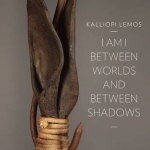
I am I Between Worlds and Between Shadows
Book
During the last decade, the work of Greek-born artist Kalliopi Lemos exposed the wounding of human...
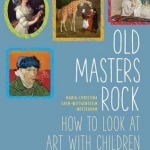
Old Masters Rock: How to Look at Art with Children
Maria-Christina Sayn-Wittgenstein Nottebohm and Gary Tinterow
Book
Enjoying art is all about responding to what you are seeing. Parents often lack confidence about how...
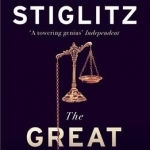
The Great Divide
Book
Why has inequality increased in the Western world - and what can we do about it? In The Great...
War is Here: The Vietnam War and Canadian Literature
Book
Canada did not fight in the Vietnam War, but the conflict seized the Canadian imagination with an...
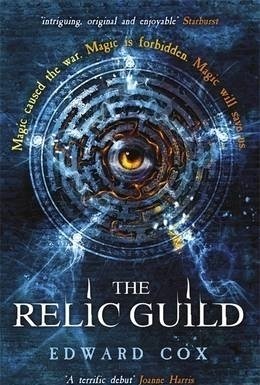
The Relic Guild
Book
Magic caused the war. Magic is forbidden. Magic will save us. It was said the Labyrinth had once...
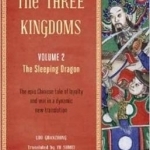
Three Kingdoms Volume 2. The Sleeping Dragon: A New Translation of China's Most Celebrated Classic: Volume 2
Book
This exciting new translation with footnotes is more readable than past versions and will appeal to...
Jesters_folly (230 KP) rated Mr. Vampire (1985) in Movies
Jul 24, 2020
Mr vampire is a Chinese horror/comedy and a breakthrough 'Jiangshi' (Rotting Copse) movie due it's mixing of slapstick comedy, kung-fu, Chinese folklore and western vampire myth and has a number of sequels.
The humour is very slapstick, with people getting hit with furniture or getting their head stuck in prison cell bars and the horror level is quite low and most of the effects are quite cheesy.
The Kung-Fu aspect makes the fight scenes entertaining and both the vampire and the ghost have to be dealt with slightly differently..
The image of the living corpse, be it vampire or zombie, being controlled by a yellow paper talisman stuck to it's head is though to have come from Mr Vampire and has been used in many subsequent Jiangshi film as well as many other shows, including the recent Netflix show 'Kingdom' where we see a scene of villagers selling the talismans when the zombies are threatening their village.
Mr Vampire manages to pull off Horror comedy in a way that is watchable by almost anyone. The film has a 15 (UK) rating and does contain vampires and ghosts but neither are overly frighting, partly due to the effects of the time.

